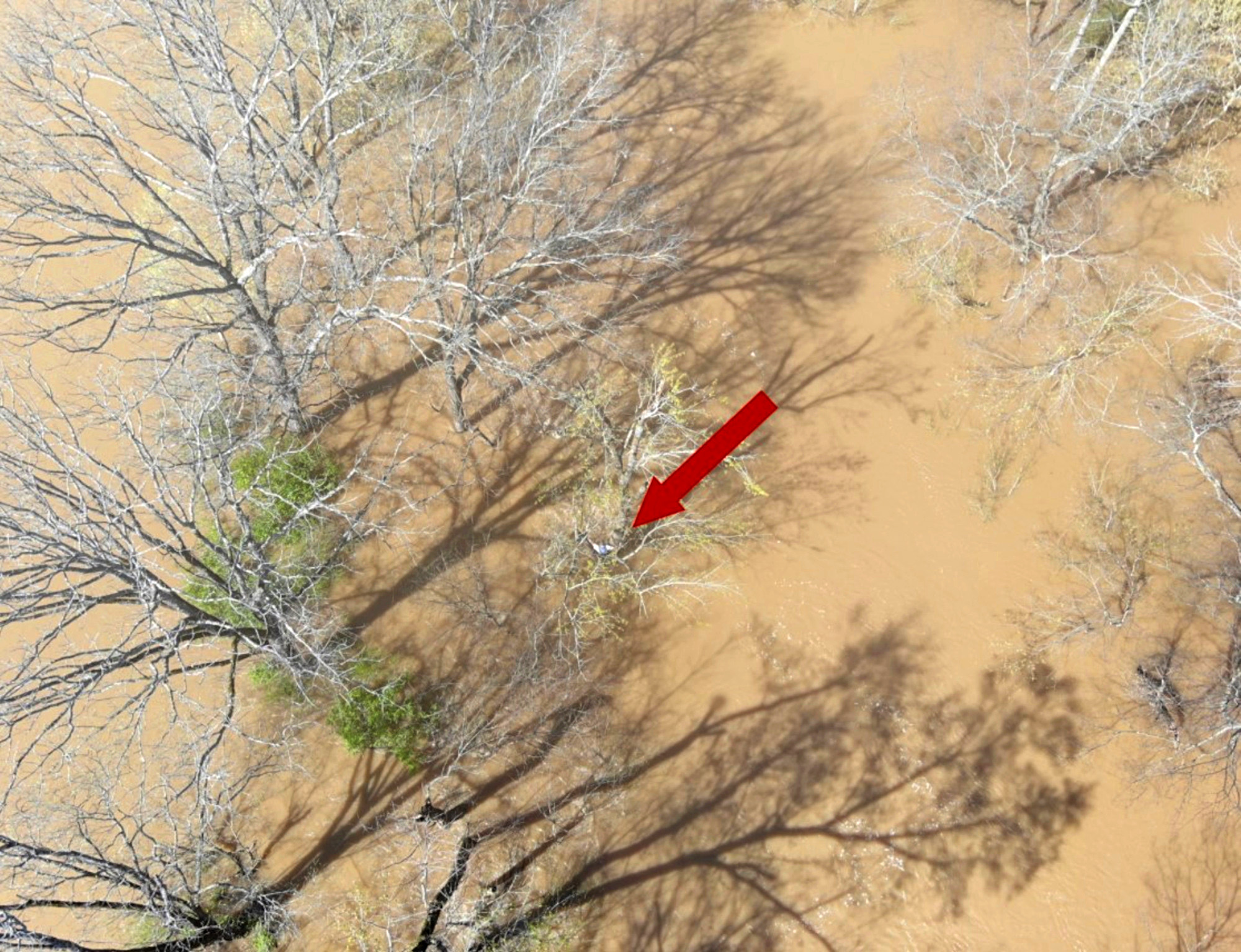SBCUSD Names Harry “Doc” Ervin as Superintendent
Empire News Network
SAN BERNARDINO, CA – The San Bernardino City Unified School District (SBCUSD) Board of Education voted unanimously to appoint Harry “Doc” Ervin as Superintendent during today’s Board of Education meeting. Ervin will assume the leadership post on July 1, officially filling the seat vacated by Dr. Dale Marsden.
Ervin joins SBCUSD from Bakersfield City School District, where he has served as superintendent since 2016. He was selected during a nationwide search that resulted in more than 20 highly qualified applicants.
“The Board of Education listened closely to our SBCUSD community about the qualities we should look for in a new superintendent, and Doc Ervin stood out for his passionate commitment to equity and excellence,” said Board President Gwen Dowdy-Rodgers. “We are confident we have found a transformational leader as his experience at all levels of the educational system will help us effectively navigate the opportunities and challenges that come as we recover and grow from the COVID-19 pandemic.”
Ervin, who is fluent in English and Spanish, has dedicated his career to bringing equity and access to economically disadvantaged students from culturally diverse backgrounds, setting high expectations for their success. He brings more than 25 years of experience in education as a classroom teacher, school principal, assistant superintendent, and superintendent in districts across the state, serving areas that include Kern County, Monterey County, Los Angeles County, and San Bernardino County.
“I am pleased to accept the position of Superintendent of the San Bernardino City Unified School District, and I look forward to ensuring every SBCUSD student has the support they need to be successful,” said Ervin, who was present for the Board of Education’s virtual meeting. “SBCUSD has a lot of great programs in place for students, and I look forward to taking what they have to the next level.”
The SBCUSD Board of Education selected Ervin through a locally driven process where the public was offered multiple opportunities for input. Preparation began a year ago with community listening sessions and surveys to capture stakeholder thoughts about the qualities most important for the new district leader. Among these desired characteristics was a successful track record working in a socioeconomically diverse, multicultural community with similar demographics to San Bernardino. Recruitment was disrupted by COVID-19 and resumed in January of this year where community members were again invited to participate by submitting questions for the Board to consider in their interview process.
Ervin is a proud veteran of the United States Marine Corps who holds a Bachelor of Arts degree in Liberal Studies and Master of Science in Education Administration from Alliant International University and his Administrative Credential from California State University, Fullerton. He is married with three sons and one daughter.
The SBCUSD Board of Education will formally approve Ervin’s contract at its April 6 meeting. Between now and July 1, Ervin will work with now Interim Superintendent Dr. Harold Vollkommer to ensure a smooth transition.
 Westside Story Newspaper – Online The News of The Empire – Sharing the Quest for Excellence
Westside Story Newspaper – Online The News of The Empire – Sharing the Quest for Excellence



